Washington — PBS CEO Paula Kerger stated on Sunday that “we have never seen a circumstance like this” following President Trump’s executive order last week aimed at cutting federal funding to the two major public broadcasting systems, PBS and NPR.
“This is different. “They’re coming after us in a variety of ways,” Kerger said on “Face the Nation with Margaret Brennan.”
On Thursday, Mr. Trump signed an executive order instructing the Corporation for Public Broadcasting, the private nonprofit that oversees public media funding, to discontinue federal funding for PBS and NPR.
The executive order states that the government “shall cease direct funding to NPR and PBS, consistent with my administration’s policy to ensure that Federal funding does not support biased and partisan news coverage.”
Kerger said it is one of several ways the administration is “coming after us,” including the possibility of rescinding previously appropriated funds and an effort to challenge corporate sponsorships through the Federal Communications Commission, among other things.
“Obviously we’re going to be pushing back very hard, because what’s at risk are our stations, our public television, our public radio stations, across the country,” according to Kerger.
Kerger stated that PBS receives 15% of its funding from the federal government, but that figure is an average, with some stations in small communities receiving up to 40% or 50% from the government. For them, “it’s existential,” and “that’s what’s at risk if this funding goes away.”
Kerger expects the Department of Education’s funding to be impacted, as it has supported the development of children’s programming and the research behind its educational components. Kerger stated that the program was created because not all children have access to formal prekindergarten.
“That was the idea with Sesame Street and Mr. Rogers, and everything that’s followed since is to make sure that children that do not have access to a full array of resources have the opportunity to learn and to develop skills that they’ll need the first time they enter preschool,” says Kerger. “That’s what’s at risk.”
NPR CEO Katherine Maher also appeared on “Face the Nation” on Sunday, saying, “We’re looking at whatever options are available to us” to challenge the executive order. Maher agreed that the “immediate damage is to local stations,” but added that other scenarios, such as a clawback of previously appropriated funds or stations being unable to participate in their membership dues, would be “damaging.”
“The impact of this could be really devastating, particularly in rural communities,” Maher said, noting that there are 246 stations across the country, and for some Americans, they are their only source of local news.
The executive order states that “Americans have the right to expect that if their tax dollars fund public broadcasting at all, they fund only fair, accurate, unbiased, and nonpartisan news coverage,” arguing that government funding for news media is “not only outdated and unnecessary but corrosive to the appearance of journalistic independence.” The order asserts that neither PBS nor NPR provide “a fair, accurate, or unbiased portrayal of current events to taxpaying citizens.”
Maher, who stated that she does not personally make editorial decisions, responded to the claim that NPR is not fair and nonpartisan by saying, “I think our newsroom would really take issue with that.”
“We’ve been on air for over 50 years. “We’ve been covering news as it happens across the country, in local communities, and abroad,” Maher said. “We have an extraordinary Washington desk, and our people report directly down the line, and I believe they do so with a mission that very few other broadcast organizations have, which is to serve the entire public. That is the purpose of public broadcasting.






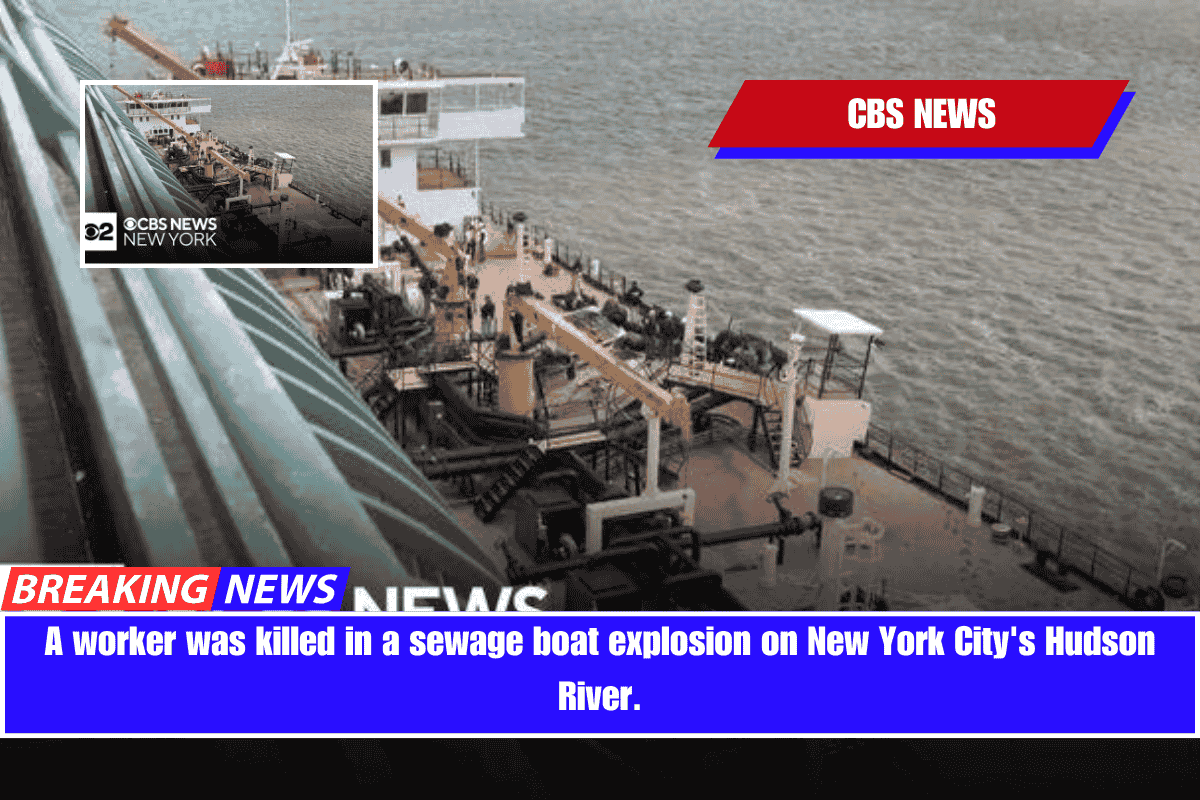
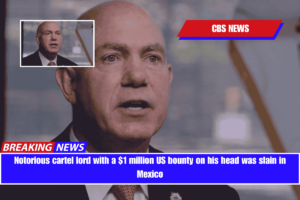
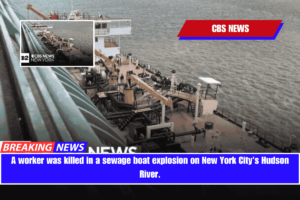
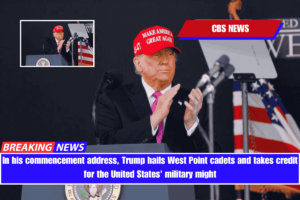




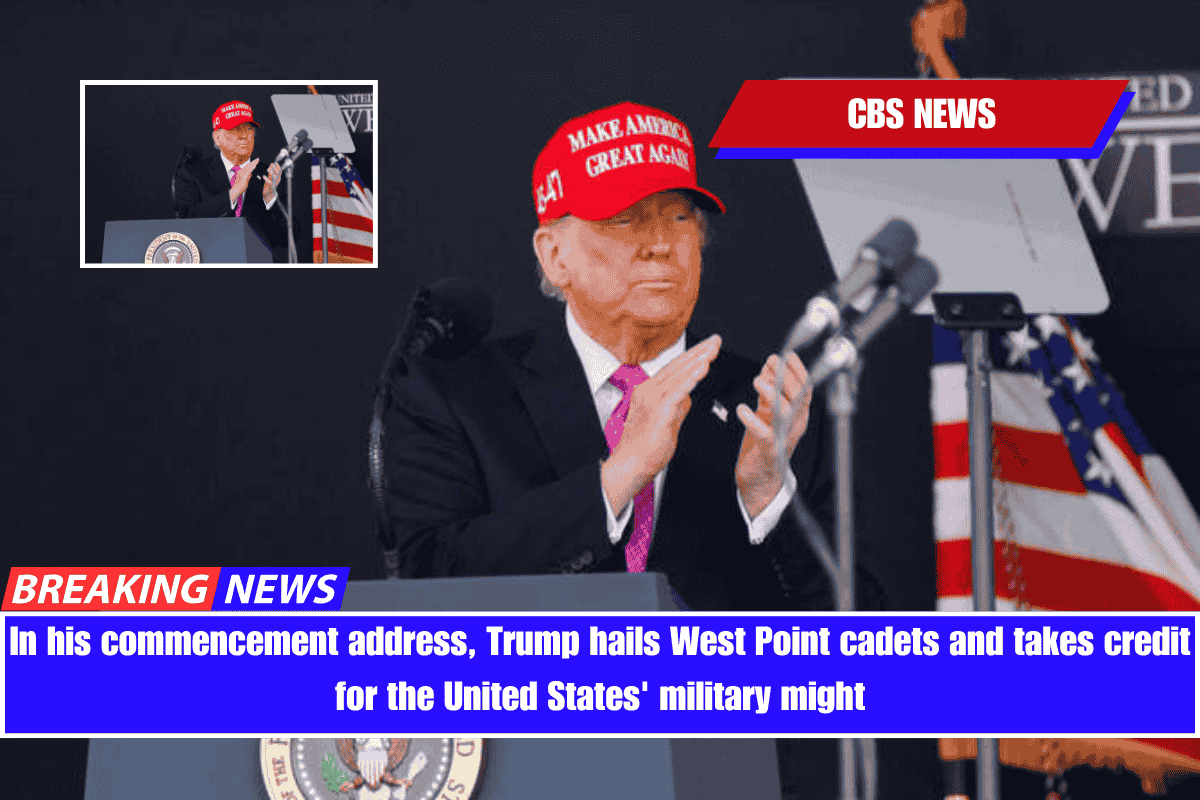
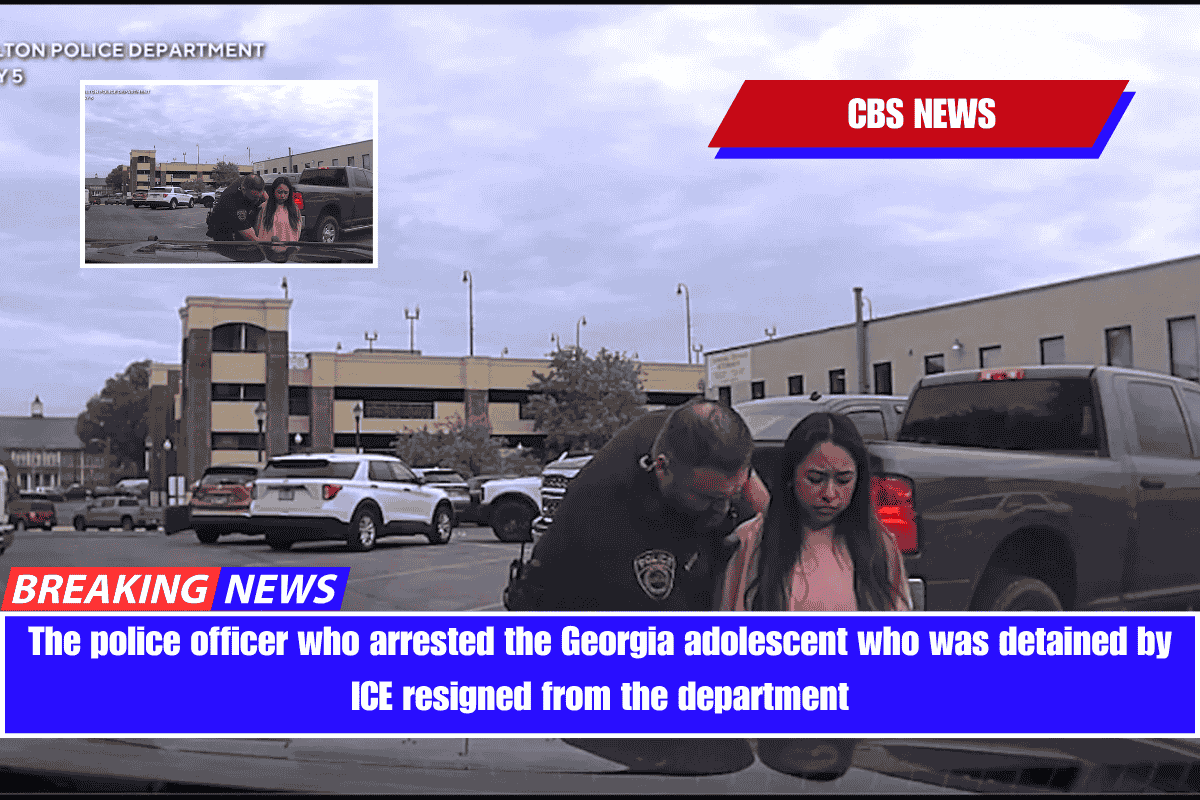


Leave a Reply